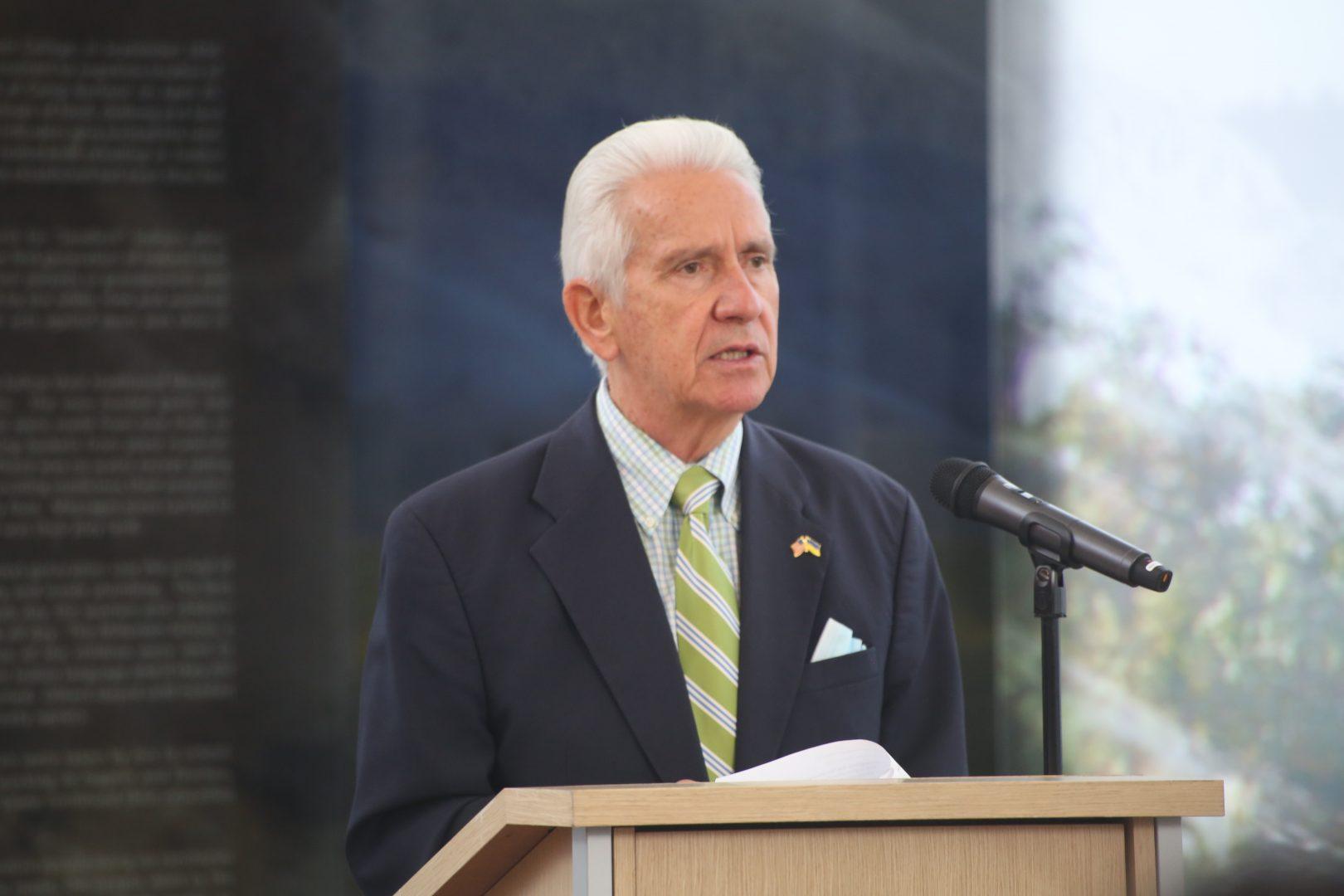Regional public universities like Fresno State could receive between $25 to $50 million over five years in federal grants through a bill introduced by Rep. Jim Costa on Aug. 23.
“This legislation would provide this kind of support for communities that are in the category of regional public universities because I believe they’re transformational,” Costa said.
The legislation, if passed, will grant up to a total of $1.7 billion per year for five years for 174 public, four-year universities nationwide, including Fresno State, according to a news release from Costa.
Universities on this list represent areas of “distressed communities” based on a 2021 Brookings report, and are institutions that he said are “left behind” in terms of federal funding.
Fresno State President Saúl Jiménez-Sandoval said the legislation would “empower the economic vitality” of these communities and particularly at Fresno State.
“Unlike other universities, [where graduates] go outside the universities… We have 80% of our students [that] remain in the region. Therefore, the impact of this university on our community is felt almost immediately,” Jiménez-Sandoval said.
Costa said the legislation currently aims to provide grants to help address regional public health; support local entrepreneurs with “early-stage business seed money;” modernize broadband networks; revitalize infrastructure; and strengthen the workforce.
At Fresno State, if the legislation were to pass, Jiménez-Sandoval said that areas such as agriculture, business and public health education would benefit directly from the additional resources, and in turn allow the university to educate students who will enter the workforce in the local community.
“The more resources we have, the more of an impact will have on the region, and our impact is tremendous,” Jiménez-Sandoval said.
The bill is separate from Measure E, a proposed 0.2% county-wide sales tax which will provide funding to Fresno State over a 20-year period. Measure E will be voted on in the upcoming November general elections.
Mark Keppler, executive director of the Maddy Institute ”” a non-partisan institution in the San Joaquin Valley that helps students become more involved in public policy and the democratic process ”” discussed the findings of the Brookings report, emphasizing a need for federal support for regional public universities.
“It’s very difficult to ask faculty, they have talent, but they just don’t have the money and resources to leverage that talent to really fix the problems ”” economic problems ”” in our community. This would unleash that talent,” Keppler said.
The bill, titled HR 8688, is in its initial stages and Costa said he is working to obtain bipartisan support in both the House and Senate for the legislation.
The introduction of this bill comes at a later time than what Costa said he preferred, especially with the upcoming November elections. Currently, he hopes to attach the bill to a pre-existing legislation.
If that does not occur, Costa said HR 8688 will be the first bill he will work to pass if he is reelected.
“I’m pleased to introduce the legislation on behalf of regional public universities Public universities… that really deserve more federal funding. They can help them to leverage existing dollars that they already have within their system,” Costa said. “That’s the purpose, that’s the goal.”




